#calash
Explore tagged Tumblr posts
Photo
Here's the entire outfit btw:

the whole collection is amazing
part 1, part 2, part 3

FROM FASHION: The calash bonnet (known in France as the thérèse or caleche), 18th century || Moschino by @itsjeremyscott , Fall 2020 ___ from the words of Thomas Wright: “[The] calash was formed like the hood of a carriage, and was strengthened with whalebone hoops [or cane hoops] … so that by means of a string in front, connected with the hoops, it could be either be drawn forwards over the face, or it might be thrown backwards over the hair.” And I couldn’t resiste in putting an extra…swipe left! 😉#moschino #jeremyscott #calash #caleche #bonnet #fashioninspiration #insidethemood #priscillaqueenofthedesert #finally https://www.instagram.com/p/B80pvJqo8Vh/?igshid=1so6zw9numw5f
107 notes
·
View notes
Text

Calash
1790
The Metropolitan Museum of Art
134 notes
·
View notes
Photo

Calash. ca. 1830. Credit line: Brooklyn Museum Costume Collection at The Metropolitan Museum of Art, Gift of the Brooklyn Museum, 2009; Gift of Mrs. M.R. Werner, 1955 https://www.metmuseum.org/art/collection/search/169091
#aesthetic#art#abstract art#art museum#art history#The Metropolitan Museum of Art#museum#museum photography#museum aesthetic#dark academia
24 notes
·
View notes
Text

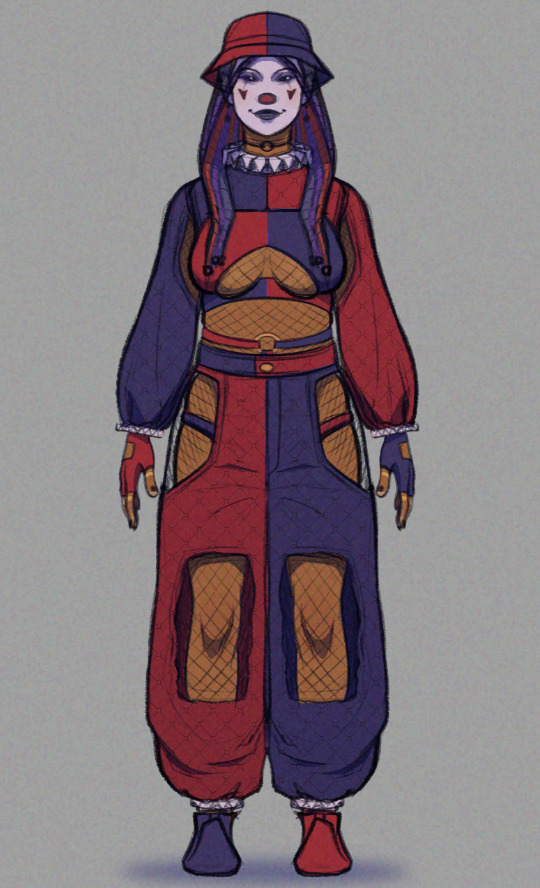
Designing an evil clown woman for my Armor Astir game. Her name is Crucia Calash.
11 notes
·
View notes
Text
Word of the Day
calèche (also caleche or calash)
noun historical
1 a light low-wheeled carriage with a removable folding hood.
2 Canadian English a two-wheeled one-horse vehicle with a seat for the driver on the splashboard.
3 a woman's hooped silk hood.
origin
mid 17th century: from French calèche, via German from Polish kolasa, from kolo ‘wheel’.
0 notes
Text
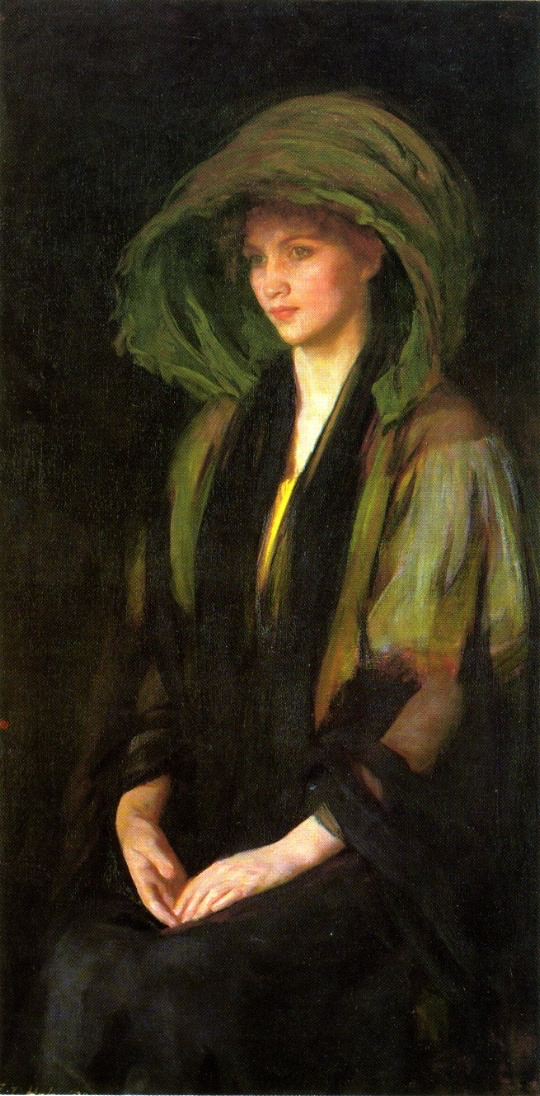
Ellen Day Hale - The Green Calash (c. 1900)
3 notes
·
View notes
Photo

Antique Ornate Embossed Victorian Book STRANGE ADVENTURES OF A PHAETON Black
Antique Pre-1900
Ornate, embossed, gilded cover!
7.5" T x 5" W
Please note that its missing the first couple of pages (see finger point pic).
Phaeton (carriage)
17 languages
Article
Talk
Read
Edit
View history
Tools
From Wikipedia, the free encyclopedia
The sporty Lord Lonsdale's yellow phaeton with a calash top, c. 1900 (Mossman Collection)
Hooper's - royal coachbuilders - stylish design for a phaeton
A phaeton (also phaéton) was a form of sporty open carriage popular in the late eighteenth and early nineteenth century. Drawn by one or two horses, a phaeton typically featured a minimal very lightly sprung body atop four extravagantly large wheels. With open seating, it was both fast and dangerous, giving rise to its name, drawn from the mythical Phaëthon, son of Helios, who nearly set the Earth on fire while attempting to drive the chariot of the Sun.
With the advent of the automobile, the term was adopted to refer to open touring cars,[1] which were in consequence referred to as phaeton-bodied.
Types[edit]
Hooper Spider Phaeton (1860)
The most impressive but dangerous phaeton was the four-wheeled 'high-flyer', the body of which consisted of a light seat perched above two sets of springs.[2] It was from one of these that the rising poet Thomas Warwick was thrown to his death near the fashionable town of Bath during the 1780s.[3] There was also the heavier mail phaeton used chiefly to carry passengers with luggage and named for its construction, using "mail" springs originally designed for use on mail coaches.[4] The spider phaeton, of American origin and made for gentlemen drivers,[4] was a high and lightly constructed carriage with a covered seat in front and a footman's seat behind.[5] Fashionable phaetons used at horse shows included the Stanhope, typically having a high seat and closed back,[6] and the Tilbury, a two-wheeled carriage with an elaborate spring suspension system, with or without a top.[7] A variation of this type of a carriage is called a Victoria, with a retractable cover over the rear passenger compartment.
Use[edit]
Trooping the Colour in 2009
Queen Victoria was particularly associated with the phaeton and there are prints and photos of her driving in them both before[8] and throughout her reign. Its openness put her in danger and there were assassination attempts made on her life while in one by Edward Oxford in 1840 and by Henry Holford in 1846.[9] In her later years she enjoyed travelling in a phaeton drawn by a single donkey or mule, and there are examples of this type in the Royal Collection.[10]
Another was put to use by Queen Elizabeth II each June from 1978 to 2011 during the official Queen's Birthday celebrations, when she traveled to and from Trooping the Colour on Horse Guards Parade in an ivory-mounted phaeton carriage made in 1842 for her great-great-grandmother, Queen Victoria.[11]
A social statement of a different kind was made during the 1880s by Valerie, Lady Meux, who defied London Society by driving herself in a high phaeton drawn by zebras.[12] Yet another was the use of such carriages by revolutionaries to carry out the 1907 Tiflis bank robbery.
0 notes
Note
Hello there! Arch here, for you-might-guess-what.
So, iirc I asked a while back about the names of some jobs related to horses and such. Currently, I'm wondering if you know any specific or interesting names for things towed by horses?
Things towed by horses. You've got carriages and chariots, travois, wagons, caravans, plows, sleds, logs, trollies... To be honest I'm not a driver. However I did do a quick Wikipedia search and there are a bunch of very, very specific terms. Also, horses pull in specific patterns, and each of those patterns has a name as well. You have tandem pulling, pair pulling, troikas, unicorns, four abrest, 4 in hand, 6 in hand, ect.
Here are some driving vehicles:
Barouche: an elegant, high-slung, open carriage with a seat in the rear of the body and a raised bench at the front for the driver, a servant.
Britzka: A long, spacious carriage of four wheels, pulled by two horses.
Cariole: A light, small, two- or four-wheeled vehicle, open or covered, drawn by a single horse.
Chaise: A light two- or four-wheeled traveling or pleasure carriage, with a folding hood or calash top for one or two people.
Charabanc: A larger wagon pulled by multiple horses.
Ekka - a one horse cart of India, Pakistan and Bangladesh.
Fiacre: A form of hackney coach, a horse-drawn four-wheeled carriage for hire.
Fly: A horse-drawn public coach or delivery wagon, especially one let out for hire.
Phaeton: a light-weight horse-drawn open carriage (usually with two seats); or an early-nineteenth-century sports car
Sulky: a very light two-wheeled cart for one person, especially used for harness racing.
Surrey: A popular American doorless, four-wheeled carriage of the late 19th and early 20th centuries, usually two seated for four passengers.
Tanga: a light horse-drawn carriage used for transportation in India, Pakistan, and Bangladesh.
Tarantass or Tarantas: A Russian four-wheeled horse-drawn vehicle on a long longitudinal frame.
Tilbury: A light, open, two-wheeled carriage, with or without a top
Troika: a sleigh drawn by three horses harnessed abreast. Occasionally, a similar wheeled vehicle.
Vardo (gypsy wagon): a vardo is a traditional horse-drawn wagon used by English Romani Gypsies.
Victoria: a one-horse carriage with a front-facing bench seat. The body was slung low, in front of the back axle. Driven by a servant.
There are many more than I've listed here, these are just the ones that caught my eye.
#writing horses#driving horses#horse-drawn carts#I've only ever driven a few times#There's a pair of Belgian drafts belonging to a man I know#lovely team#but also so huge#I hope this answered satisfactorily
1 note
·
View note
Text

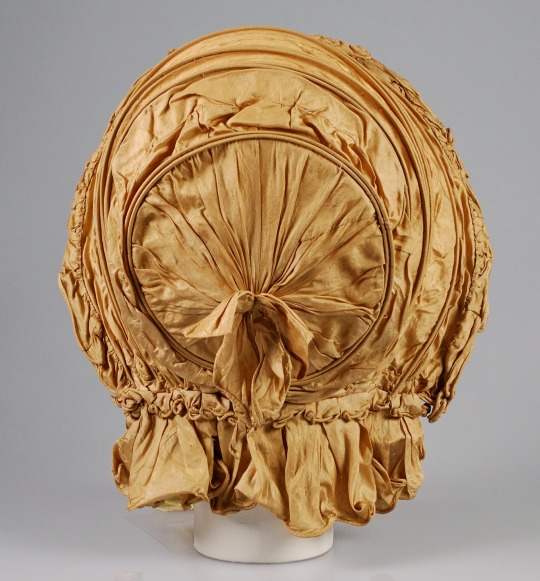
Beige Silk Calash, ca. 1790, American.
Met Museum.
#met museum#18th century#silk#extant garments#cane#womenswear#calash#accessories#bonnet#american#usa#1790s usa#beige
15 notes
·
View notes
Photo
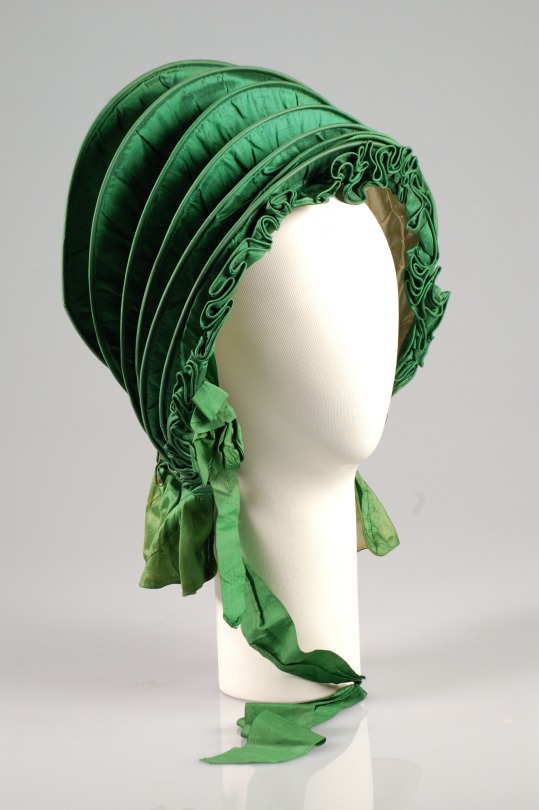

Calash (Bonnet) ca. 1830
31 notes
·
View notes
Photo

A kalesa or horse-drawn calash tries to weave thru the heavy traffic in a street in Binondo, Manila. October 2014. #binondo #manila #philippines🇵🇭 #chinatown #kalesa #carriage #calash #horses #transport #streets #traffic #streetscenes #nikon #nikonphotography https://www.instagram.com/p/B2Bs-dPnzB8/?igshid=6i3o8mkj2d1u
#binondo#manila#philippines🇵🇭#chinatown#kalesa#carriage#calash#horses#transport#streets#traffic#streetscenes#nikon#nikonphotography
1 note
·
View note
Photo

Bonnet alert!
https://www.american-duchess.com/book
1 note
·
View note
Photo

Calash
c.1820
The MET
#calash#fashion history#historical fashion#1820s#hat#accessories#19th century#headwear#fashion accessories#1820#green#silk#united states#romantic era#era of good feelings#the met
147 notes
·
View notes
Photo
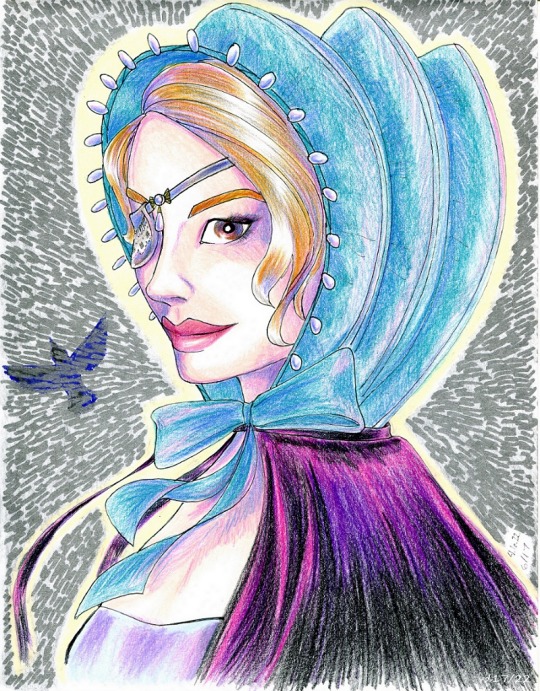

finishing old sketches: a one-eyed woman in a calash bonnet.
10 notes
·
View notes
Text
wear a calash that blocks out the sun
11 notes
·
View notes
Photo
Is that a calash bonnet of terror?!?!?!
Because if yes, I want it in black!!!!!

Here’s a image from a shoot awhile back with @sarahaaseart mua @ancatdubh #bone #costume #costumedesign #costumedesigner #headdress #headpiece #taxidermy #macabre
108 notes
·
View notes